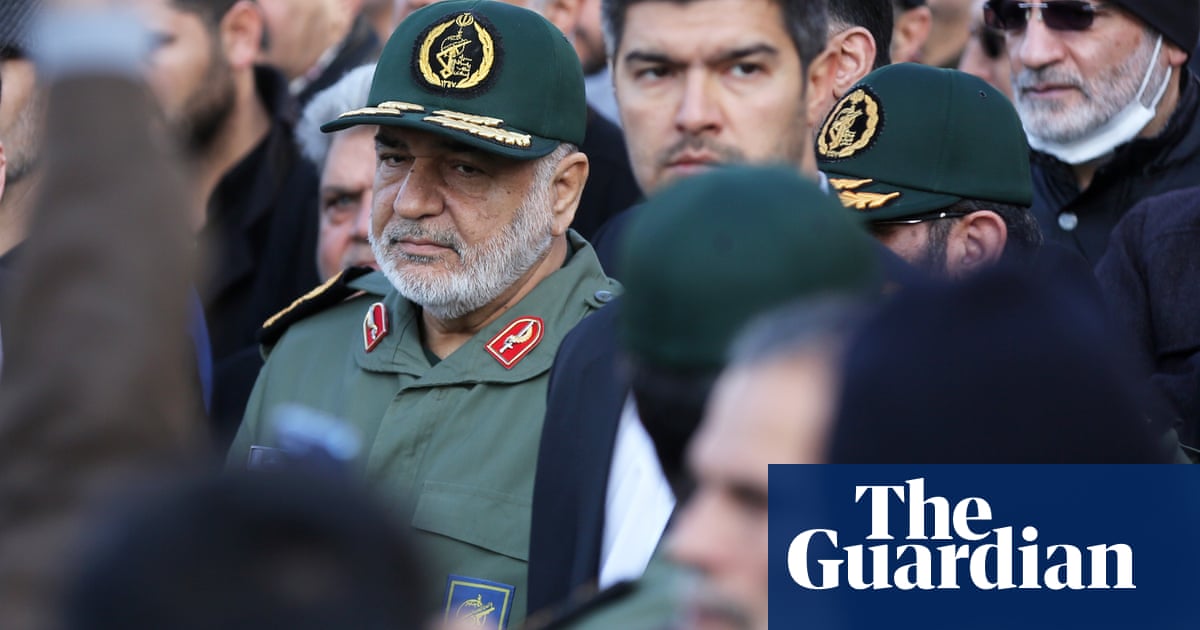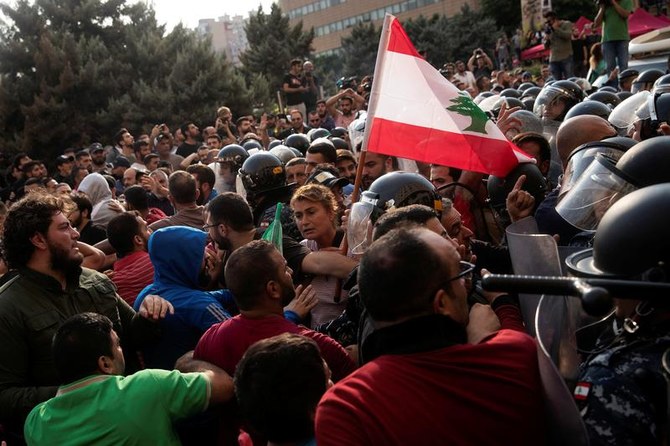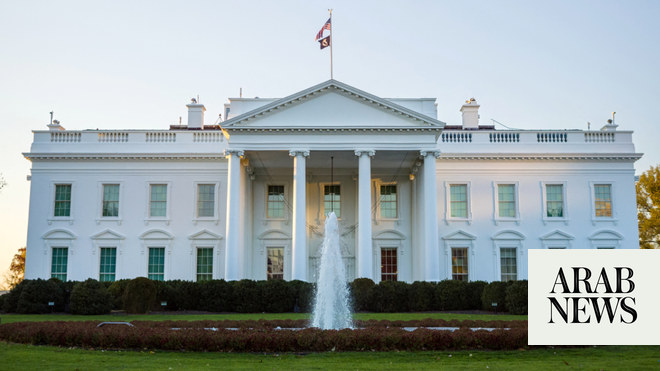
Palestinian President Mahmoud Abbas met Russian President Vladmir Putin in Kazakhstan on Thursday, restating his mistrust in the ability of the US to resolve the conflict with Israel and expressing appreciation for the Russian role in the dispute.
In his first meeting with Putin since the outbreak of the Russia-Ukraine conflict, Abbas urged the president to support Palestinians with food supplies.
He expressed Palestine’s lack of trust in the ability of the US to resolve the Palestine-Israel issue.
The Palestinian leader met with Putin on the sidelines of the sixth summit of the Conference on Interaction and Confidence Building Measures in Asia.
Abbas briefed the Russian president on the latest developments of the Palestinian cause, the continuous violations of the Israeli occupation against the Palestinian people and their Islamic and Christian lands, settlements, demolitions and killings, the siege of cities, towns and camps — especially in Shuafat, Jenin, Nablus and Jerusalem — and the targeting of prisoners.
Abbas and Putin also discussed the latest developments in the region, regional and international issues and ways of consolidating ties between Palestine and Russia.
Abbas praised Russia’s positions in support of the Palestinian people and their cause in various international forums to achieve freedom and independence.
“We do not trust America, and you know our opinion,” Abbas told Putin.
“We do not trust them, we do not depend on them and we do not accept that America — under any circumstance — is the only party in solving the problem. It may be part of the quartet because it is a superpower, and we have no objection, but if it is alone, we will not accept it at all,” said Abbas.
He praised Russia’s stance toward the Palestinians and Moscow’s generosity in providing student grants, military and other training, and economic aid.
“We are delighted with it, and I tell you that we may be in dire need of food support, the presence of which is declining in the world, but it is available in Russia. Of course, when it is available in Moscow, we are assured that we can get it,” he said.
Abbas has previously expressed Palestine’s disappointment with the US administration headed by President Joe Biden, which Palestinians view as failing to exert sufficient pressure on Israel to resume peace talks.
Abbas had received President Biden in Bethlehem last July and then met the US leader against this year on the sidelines of UN meetings in New York City in September.
Abbas criticized the US’ role in the conflict during his speech to the UN General Assembly in New York City on Sept. 23.
A senior Palestinian diplomatic official told Arab News that Russia “is a great country, friendly and supportive of the rights of the Palestinian people, and seriously supportive of its cause.”
The official added: “All its political positions support us, whether in the UN Security Council or any other political forums.
“We are very disappointed with the position of the current US administration of President Biden, which perpetuates double standards when it comes to the Palestinian issue — which gives Israel the green light to continue its abuse of the Palestinian people and the seizure of their land.”
The official said that the US was “not interested” in resuming a Palestinian-Israeli peace track, adding: “We are very dissatisfied with the position of this administration.”
Moscow also enjoys close relations with the Palestinian Hamas movement, which is politically opposed to Abbas.
Abbas also enjoys close ties with Putin and Russia on account of completing his doctorate at a Russian university.
Palestinian political analyst Ghassan Al-Khatib, commenting on Abbas’ praise toward Moscow, said: “This is a natural result as the Palestinian leadership bet on US political promises for a long time, and the result was a complete failure on the development and political levels.”
Al-Khatib believes that Palestine is trying to diversify its relations with major powers, with the aim of obtaining political and development support, and sending a message to Washington that the US cannot continue to monopolize the solution of the Palestinian-Israeli conflict to suit its vision and Israeli-biased interests.
However, at the same time, Al-Khatib believes that the Palestinian leadership’s position toward Russia was a “symbolic step.”
The meeting between Abbas and Putin was attended by the PLO Executive Committee Secretary-General Hussein Al-Sheikh, Foreign Affairs and Expatriates Minister Riyad Al-Maliki, General Intelligence Service head Maj. Gen. Majed Faraj and the president’s adviser for diplomatic affairs, Majdi Al-Khaldi.
In addition to Russian Foreign Minister Sergei Lavrov, the following officials represented Moscow: Assistant to the President of the Russian Federation Yuri Viktorovich Ushakov, Kremlin Spokesman Dmitry Peskov, Minister of Economic Development Maxim Reshtenikov and Head of the Middle East and North Africa Sector at the Ministry of Foreign Affairs Yevgeny Kozlov.












